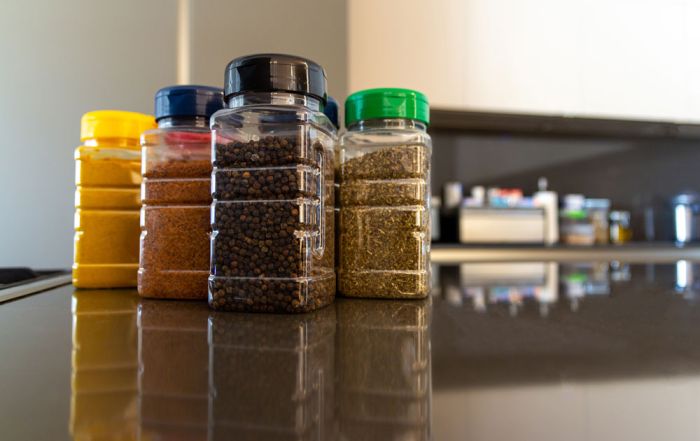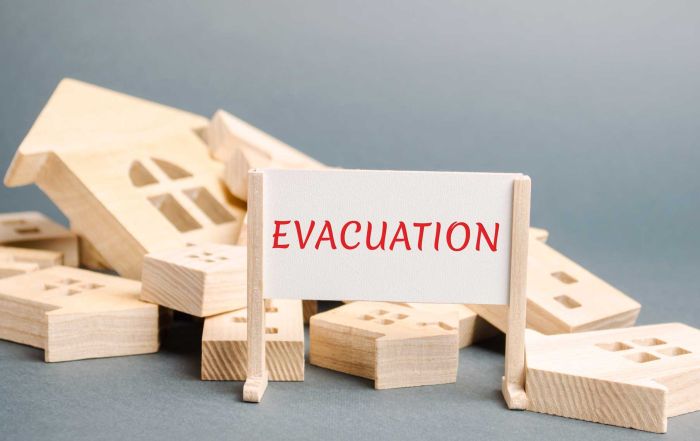Finding the Food Safety Training Program that is Right for You
Whichever you decide, because some jurisdictions have more stringent requirements than the conference for food protection, check with your local health department to make sure they also recognize the exam before you pay for it.
So, who is the Conference for Food Protection? Well, the United States Food and Drug Administration has a memorandum of understanding which recognizes the conference as the organization qualified to develop the standards to promote food safety. The conference is an independent, volunteer-led organization that brings together food industry experts from the government, academics, industry, and consumer organizations to address food safety issues. Several years ago, the conference identified the need to establish a set of uniform national standards to assess food safety certification programs. These standards would provide a basis to assess certification programs and allow jurisdictions (e.g., local health inspectors) to gage the quality of the certification. The conference developed the Standards for Accreditation of Food Protection Manager Certification Programs and maintains and updates these standards, as needed. The conference then contracts the American National Standard Institute to accredit these programs against the standard that the conference has developed. With these standards in mind, the conference, and more specifically, the American National Standard Institute, works with organizations who would like to offer a food safety certification exam to make sure they meet the standards outlined by the conference. Below are organizations who are currently certified to offer the food safety certification exam and some basic information about the program.
| Name of Organization | Certification Exam | Format | Cost | Other Notes |
|---|---|---|---|---|
| 360training.com, Inc. | Learn2Serve Food Protection Manager Certification Exam | Training: Online Exam: Remote proctoring, cost included with both the training and exam package and the exam only option. | Training & Exam: $99.00 Exam only: $55.00 | Students allowed two attempts to pass the exam with no additional cost. Not approved for New York City |
| Above Training / StateFoodSafety.com | Certified Food Protection Manager (CFPM) Exam | Training: online Exam: In-person or online, remote proctoring available | Training & Exam: $78.00[2] + proctor fee (varies, usually around $50) Exam only: $28.00 plus proctor fee (varies, usually around $50) | If you fail the exam, you must repurchase a new exam, however the course remains free. |
| National Registry of Food Safety Professionals | Food Protection Manager Certification Program & International Certified Food Safety Manager | Training: It appears this is designed for in-person training, but self-study options are allowed. There is an affiliate network that provides online training for an additional cost. Exam: It appears the exams are done online, but only at a Pearson VUE testing center. | Training & Exam: $70.95 Self-Study Training Materials: $23.00 Exam only: $47.00 | Examinees may take the exam up to three times without retaking the course. However, examinees MUST retake the training course if failed more than three times. Additional exam vouchers will be necessary for repeated attempts.Of accredited programs, this was the most complicated of the websites to navigate. |
| National Restaurant Association | ServSafe Manager | Training: In-person or online Exam: In-person or online, remote proctoring available. | Training & Exam: In-person costs will vary; online $152.92 plus proctor fee, $179 with testing center access. Convert to online proctoring for an additional $63.00. Exam only: $36.00 | If you fail the exam, you must repurchase a new exam, however the course remains free. |
| Prometric Inc. | Food Protection Manager Certification Program | Training: Designed for in-person but can be completed via self-study. Exam: In-person or online, proctor required. | Training & Exam: Vary by training program Exam only: $28.00 – $48.00 | Exam must be taken at a Prometric testing center. |
| The Always Food Safe Company, LLC | Food Manager Certification | Training: Online Exam: Remote proctoring, cost included with both the training and exam package and the exam only option. | Training & Exam: $78.00 + Remote Proctor Fee of $48.00 Exam only: $28.00 + Remote Proctor Fee of $48.00 | Students allowed two attempts to pass the exam with no additional cost. |
[1] Information is current as of 10/4/2021 [2] Fee is specific to the state and, in some cases, the county. It appears that most are $78.00.
READ MORE POSTS
Cross Contamination and the Surfaces that go Unnoticed
In October, I ran across a new research study published in the Journal of Food Protection in early-September. The article explored cross contamination in consumer kitchens during meal preparation. One of the authors was a previous SafeBites presenter, Dr. Ellen Shumaker, at North Carolina State University. Although the setting was consumer kitchens and not the commercial kitchen many of you deal with daily, the findings were very applicable to what we often see in the foodservice setting.
Emergency Preparedness: The Not-so Calm After the Storm
If you and your foodservice operation have been hit by an emergency or other disaster, what comes next and how do you move forward? Much of the answer to this is predicated on the actual disaster that you are dealing with – a flood is certainly a much different than a fire, but some of the food safety considerations remain the same if your business has been left intact and has not been damaged by the disaster.
Emergency Preparedness and Responding to a Disaster with Food Safety in Mind
As I write the first blog this month, the realities of the devastation in Florida are coming to light as we also deal with the aftermath of Hurricane Fiona, which impacted Puerto Rico late in September. Recent news has been focused on the recovery efforts for all who have been impacted. Thus, I thought it would be fitting this month to discuss emergency disaster planning resources in our first blog and delve into recovering from a disaster in our second blog later this month.
During National Food Safety Education Month is it time for Your Food Safety Refresher?
You see them in every restaurant and commercial foodservice operation across the United States. Framed and proudly displayed, often by the kitchen, the cashier, the kitchen entrance, or the service counter - just as they should be. To what am I referring? The food safety certification certificates, of course!










